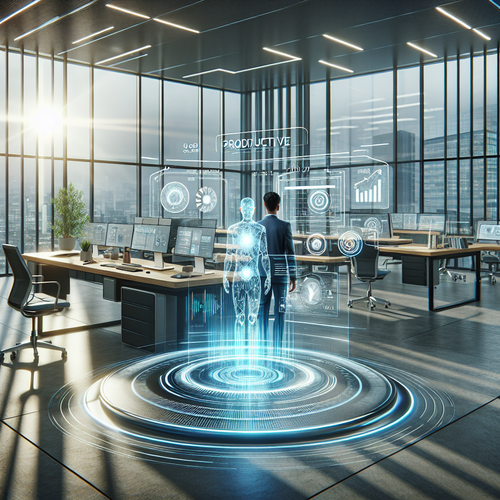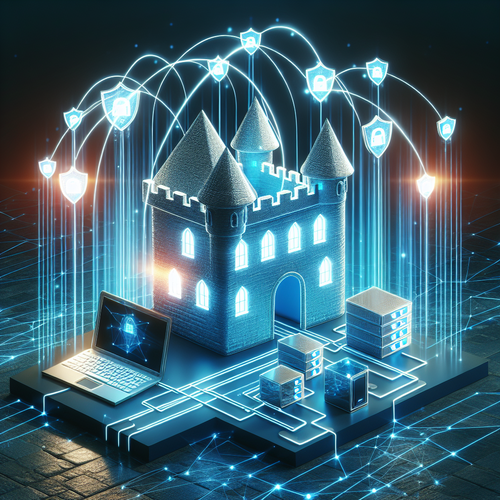
AI-Powered Assistants: Transforming Everyday Tasks
AI-Powered Assistants: Transforming Everyday Tasks
In recent years, artificial intelligence has taken the world by storm, and one of its most exciting applications is in the development of AI-powered assistants. These virtual helpers are changing the way we manage our daily tasks, enhancing productivity, and offering personalized experiences. In this article, we will explore how AI-powered assistants are transforming everyday tasks and what the future holds for this technology.
Understanding AI-Powered Assistants
AI-powered assistants are software applications that use artificial intelligence to perform tasks for users. Examples include voice-activated assistants like Amazon’s Alexa, Google Assistant, and Apple’s Siri. These tools can help with a variety of tasks such as scheduling meetings, sending messages, providing weather updates, and controlling smart home devices.
The Rise of Virtual Assistants
Recent advancements in machine learning and natural language processing have enabled virtual assistants to understand and respond to user queries more effectively. They are becoming smarter and more intuitive, capable of learning from user interactions to provide personalized recommendations.
Benefits of AI-Powered Assistants
- Increased Efficiency: AI assistants can handle routine tasks quickly, allowing users to focus on more important activities.
- Time Management: These assistants can schedule appointments, set reminders, and send alerts, effectively managing users’ time.
- 24/7 Availability: Unlike human assistants, AI-powered solutions are available around the clock, ensuring tasks can be completed at any time.
Real-World Applications
Various industries are leveraging AI assistants to improve workflows and enhance customer experiences. For instance, in the corporate sector, AI-powered assistants aid in managing emails and setting up meetings, while in healthcare, they assist patients in scheduling appointments and accessing information.
Integrating with Other Technologies
By integrating with other technologies, such as smart home devices and project management tools, AI assistants can provide seamless interactions across platforms. For example, users can give voice commands to their AI assistants to control lighting, security systems, or check project statuses, significantly improving the daily workflow.
Challenges and Considerations
Despite their benefits, there are challenges associated with AI-powered assistants. Privacy concerns and data security remain critical issues. Users must understand how their data is being used and ensure they use these tools responsibly.
Learning from the Past
As AI technology evolves, it’s essential to learn from earlier trends. For instance, the impact of generative AI on content creation has shown how AI can help automate creative tasks. Similarly, AI assistants can help automate mundane tasks, enabling professionals to shift their focus towards more innovative activities.
The Future of AI-Powered Assistants
The future of AI-powered assistants looks promising. With ongoing advancements in AI, we can expect these digital tools to become even more sophisticated, providing an unparalleled level of service. Industries will continue to adopt these assistants, reshaping how services are delivered and enhancing user experiences.
Conclusion
AI-powered assistants are undeniably transforming everyday tasks, making life easier and more productive. As technology continues to advance, it is vital to embrace these innovations while remaining aware of the challenges they present. By balancing the benefits and potential drawbacks, we can maximize the value of AI technology in our daily routines.
If you want to stay updated on Chatbots and AI technology, be sure to check our post on Unleashing the Potential of AI in Manufacturing.



